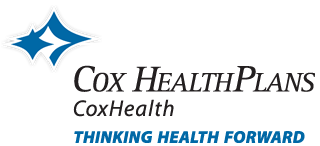Weight Assessment and Counseling for Nutrition in Children/Adolescents
January 5, 2024, 6:03 pm
Healthy habits begin with having the knowledge and resources to carry out positive learned practices. According to the CDC, over the past few decades, childhood obesity has more than doubled in children and tripled in adolescents. It is now the main health concern for parents with children in the United States surpassing other health concerns such as drug and alcohol abuse, and smoking. Obesity developed in childhood is more likely to translate into adolescence, therefore creating immediate and long-term effects for health and overall well-being.
One of the HEDIS (Healthcare Effectiveness Date and Information Set) measures for quality assurance in members with healthcare coverage is Weight Assessment and Counseling for Nutrition and Physical Activity for Children/Adolescents (WCC). This measurement assesses children and adolescents 3-17 years of age who had an outpatient visit with a primary care practitioner or OB/GYN during the measurement year and had evidence of:
- Body mass index (BMI) percentile documentation.
- Counseling for nutrition.
- Counseling for physical activity.
Implementing intervention within childhood provides the best outcomes in advancing healthy lifestyle habits in adolescence. Providing resources such as counseling for nutrition and physical activity practices for children/adolescents are positive initiatives towards decreasing overall obesity and reinforcing healthy habits. Below are resources to counseling for nutrition and physical activity:
- Nutrition: About Nutrition | Nutrition | CDC
- Physical Activity: About Physical Activity | Physical Activity | CDC
Sources:
Addressing childhood obesity where children live, learn, and play | NHLBI, NIH
Weight Assessment and Counseling for Nutrition and Physical Activity for Children/Adolescents - NCQA
